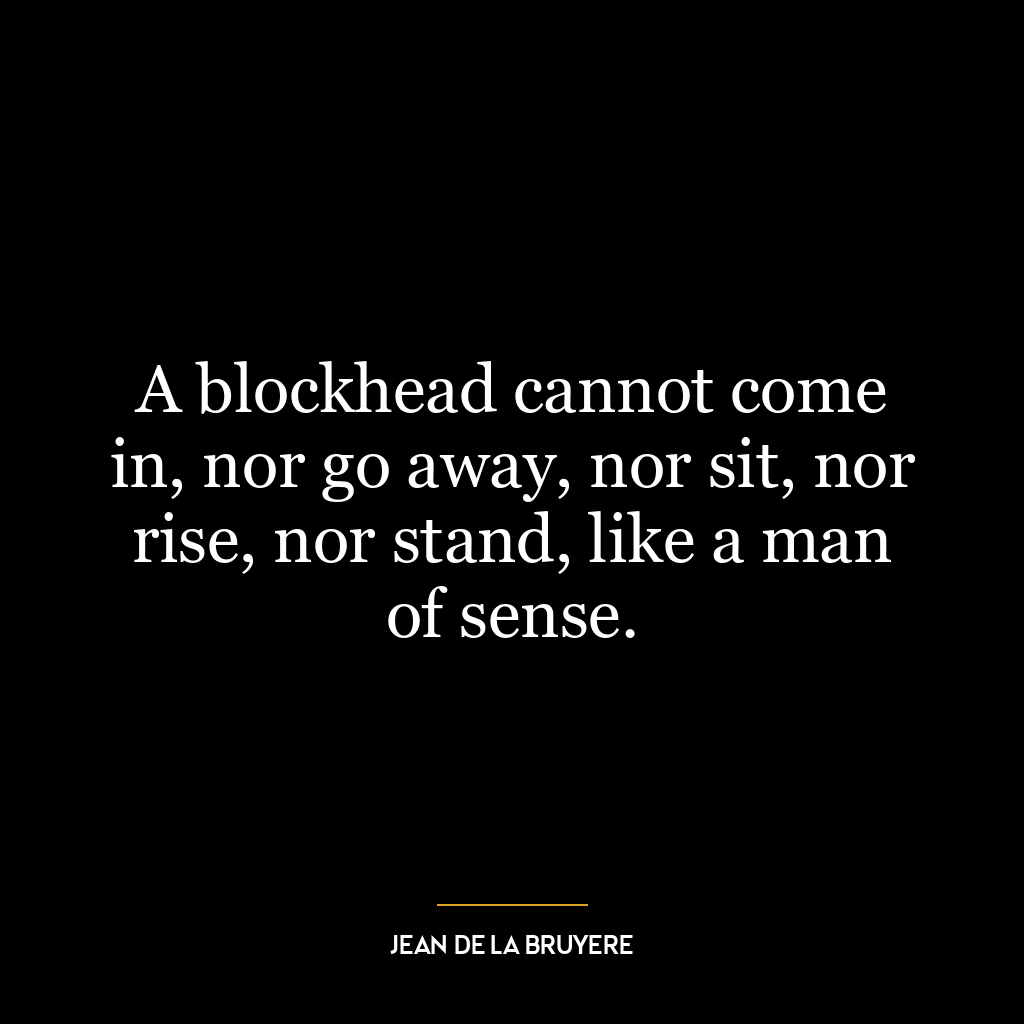The need to be right is the sign of a vulgar mind.
The need to be right is the sign of a vulgar mind” presents a critique of dogmatism and the stubborn insistence on one’s own correctness. This quote suggests that the constant need to prove oneself right reflects a lack of intellectual sophistication and emotional maturity. It implies that a more refined mind is open to learning, growing, and accepting the possibility that it might be wrong.
The quote suggests that the relentless pursuit of being ‘right’ can lead to a narrow, rigid mindset. This inflexibility can stifle growth and learning, as it closes off the possibility of new perspectives and ideas. It is a sign of a ‘vulgar’ mind, not in the sense of being crude or indecent, but rather unrefined or lacking in complexity.
In today’s world, this quote is particularly relevant in the context of social media debates, polarized political environments, and interpersonal relationships. The need to be right often leads to pointless arguments, the spread of misinformation, and the deepening of divides between different groups. It can also hinder personal development, as it creates a barrier to self-improvement and self-awareness.
In personal development, the idea of letting go of the need to be right can be transformative. It allows for greater open-mindedness, humility, and empathy. It encourages listening to others, admitting mistakes, and learning from them. It fosters growth, as it opens up space for new ideas and perspectives. It also contributes to healthier relationships, as it reduces conflict and promotes understanding and respect for differing viewpoints.















